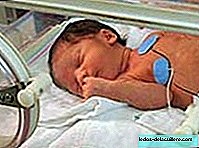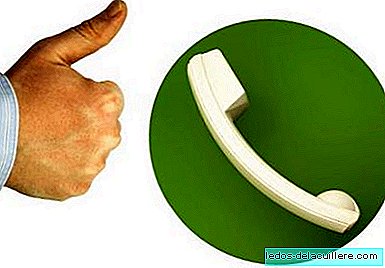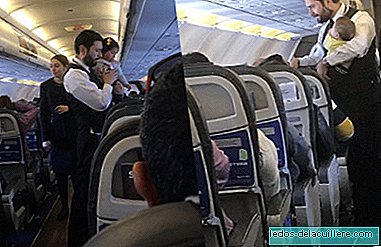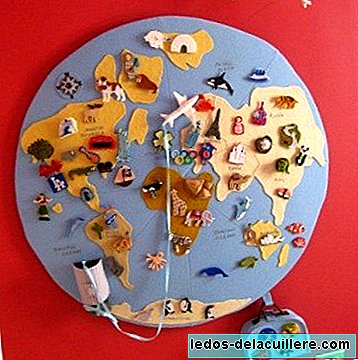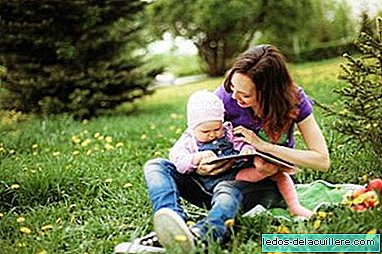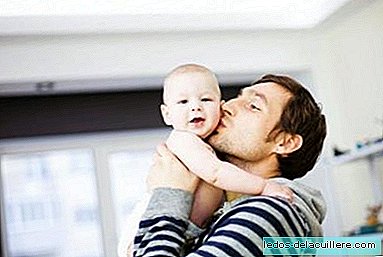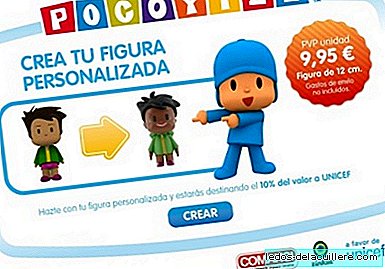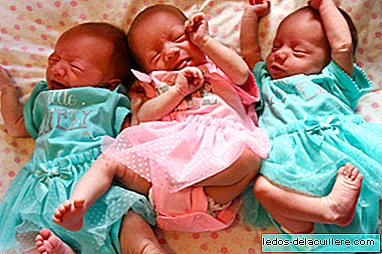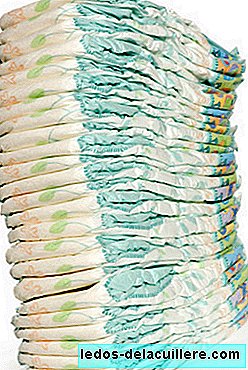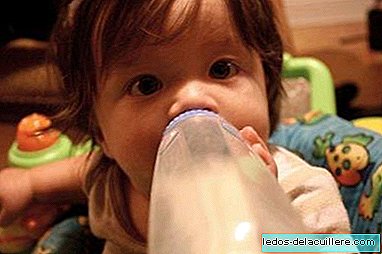
Childhood obesity is an increasingly common disease in childhood. As parents, we must do anything in our power to avoid it. One of the latest research on risk factors linked to this disease among young children indicates that bottle feeding after one year of age promotes childhood obesity.
It is believed that overfeeding while taking a bottle could increase the risk of obesity by 30 percent if the custom extends beyond twelve months.
According to a study by experts from Temple University and Ohio and published in 'The Journal of Pediatrics', the problem is in the bottle misuse.
It is usually used as a tranquilizer, replacing the pacifier, as a way to fall asleep and taking regular shots during the day, exceeding calorie intake that the child needs and favoring obesity.
Of the total 6,750 children who participated in the study, 17.6% were obese at five and a half years and 22.3% of them took bottles of milk until two years. The majority maintained this habit before going to bed and the rest used the bottle regularly also during the day.
The prevalence of obesity among children who maintained this custom at 24 months was 23%, compared to 16% of babies whose bottles had already been removed. So they suggest that removing the bottle after the first year is a way to prevent childhood obesity.
Of course there are other genetic and environmental factors that predispose to obesity, but good eating habits are a fundamental pillar in the prevention of the disease.
"A 24-month-old girl who goes to bed with a bottle of milk of almost a quarter of a liter receives approximately 12% of her daily caloric needs," the study authors point out.
The bottle of milk (sometimes with cereals) does not supplant dinner, it is usually given before going to bed as a complement to it and a sleep inducer, a custom that it would be necessary to withdraw little by little when the baby reached the first year.


